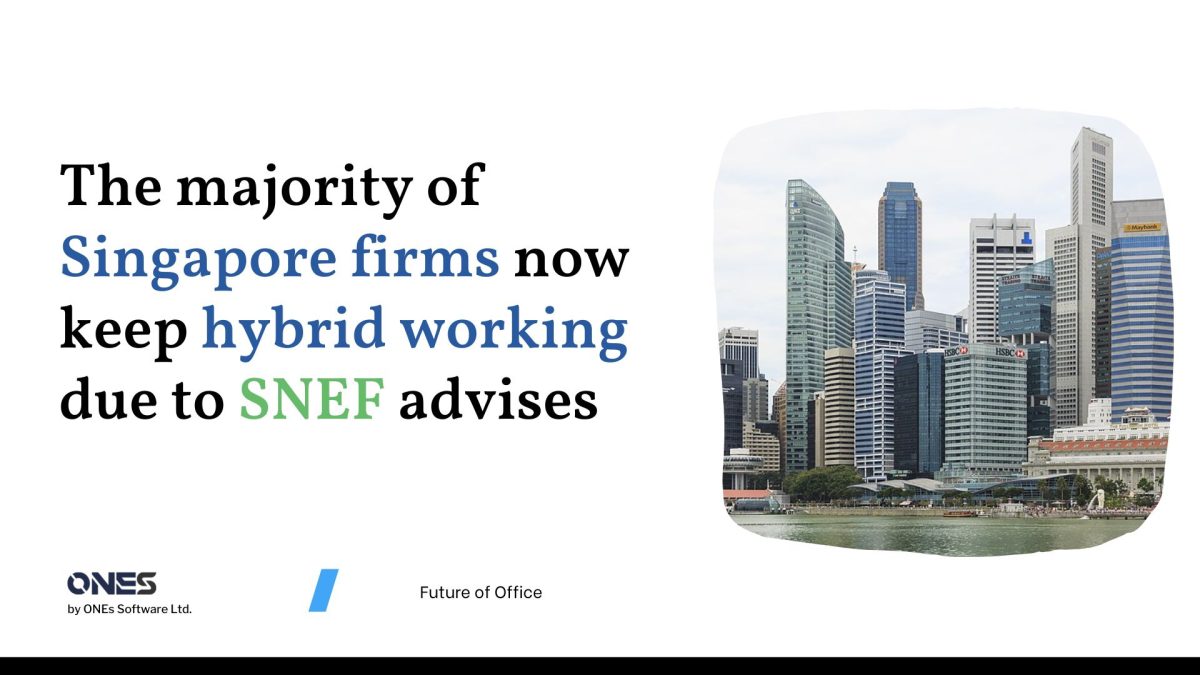After entering the transition phase, Work-from-home is no longer the default in Singapore from Jan 1, 2022. This means that Singapore has already started to go back to a normal working style.
This article will show what business leaders must recognize how, when, and where we work are no longer constrained by traditional notions of time and space in this new hybrid working era.
“In Singapore,” said Joanna Lim, Modern Work and Security Business Group Lead, Microsoft Singapore, “we recently moved from being allowed to return to the workplace, back to where working from home is once again our default.
Continue reading “Latest hybrid work trends in Singapore a business leader needs to know in 2023 and onward”As businesses adapt to the disruptive change, business leaders must recognize that long-held assumptions no longer hold true with their employees. They must now make choices that will impact their organizations for years to come.
Joanna Lim, Modern Work and Security Business Group Lead, Microsoft Singapore



